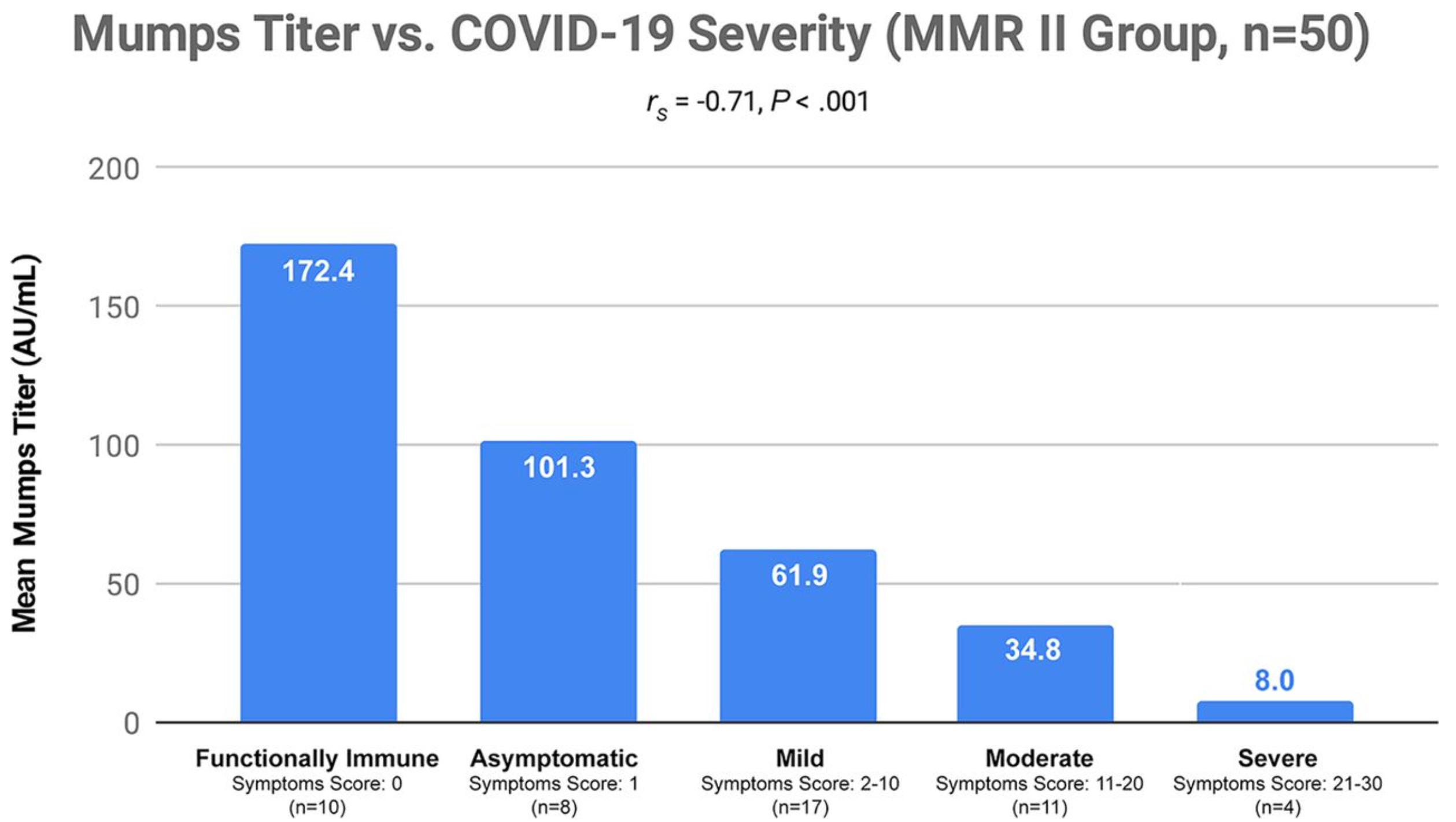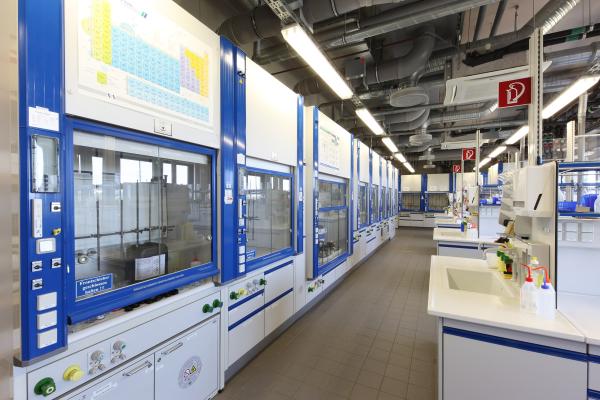Vaccines must be rigorously tested before they are deployed en masse. The reason is that vaccines can have unpredictable, unintended effects.
Often times, these unintended effects are good. For instance, a vaccine against Disease X might also confer some protection against Disease Y. One explanation is that antibodies are sometimes cross-reactive, meaning that they can bind to microbes other than the one originally targeted. On the flip side, vaccines can have nasty side effects, such as triggering autoimmune disease or increasing all-cause mortality. (The latter is mostly a problem in poorer countries.)
A common vaccine that we're all supposed to get as children (in two doses) is the MMRII vaccine, which protects against measles, mumps, and rubella. Scientists hypothesized that being immunized with MMR may confer some protection against SARS-CoV-2, the cause of COVID, because countries with recent MMR vaccination campaigns also had fewer COVID deaths. Now, a new paper published in mBio provides further support for the idea.
The research team split 80 volunteers into two groups: 50 who had received the MMRII vaccine as children and 30 who had not. There was a purposeful age disparity between the groups; those who had received an MMRII vaccine were younger, while those who did not were older. (The MMRII vaccine was launched in 1979, thus older people are unlikely to have received it. Many among the 30 who did not receive the MMRII vaccine had received some other vaccines that covered the three diseases.) They then measured the volunteers' antibody levels against measles, mumps, and rubella and collected information on their COVID-19 history.
Among the 50 volunteers who had been vaccinated with MMRII, there was a clear negative correlation between mumps antibody levels and severity of COVID. In other words, higher mumps antibody levels were protective against COVID.

The team defined "functionally immune" volunteers as those who had substantial exposure to somebody infected with coronavirus but never got sick. "Asymptomatic" volunteers tested positive for COVID, but had no symptoms. The remaining volunteers were placed into categories based on the number of symptoms. As shown, people who were immune or asymptomatic had the highest level of mumps antibodies, while those with increasingly severe disease had fewer and fewer mumps antibodies. The group of 30 did not exhibit this effect, and neither group showed a relationship between measles or rubella antibodies and COVID severity.
What explains these results? The authors ruled out age as an explanation, as they found no relationship between age and levels of mumps antibodies or age and COVID severity. (This likely means that the authors purposefully selected a wide range of ages for each group.) Furthermore, those in the group of 30 either had naturally acquired immunity to mumps or a jab with some other MMR vaccine. Apparently, the antibodies generated in their bodies were useless against COVID, meaning that there's something unique about the MMRII vaccine (perhaps the strain of mumps used) that offers cross-protection against coronavirus.
If the authors' data are accurate, it seems that there are two explanations for their observations: First, that mumps antibodies really do help protect against coronavirus; second, that those with low mumps antibody levels have a defective immune response, which in turn explains both the low mumps antibody levels and the poor response to coronavirus. The design of this study can't differentiate between these two explanations.
Yet, this is an important result that warrants serious consideration and further examination. People naturally lose immunity to mumps over time, which might explain why children (who should have recently received an MMRII vaccine) are largely unharmed by COVID. Worse, MMR anti-vaxxers may be putting themselves and their children at an even greater risk than we realized.
Source: Gold JE, Baumgartl WH, Okyay RA, Licht WE, Fidel PL, Jr, Noverr MC, Tilley LP, Hurley DJ, Rada B, Ashford JW. 2020. Analysis of measles-mumps-rubella (MMR) titers of recovered COVID-19 patients. mBio 11:e02628-20. DOI: 10.1128/mBio.02628-20




